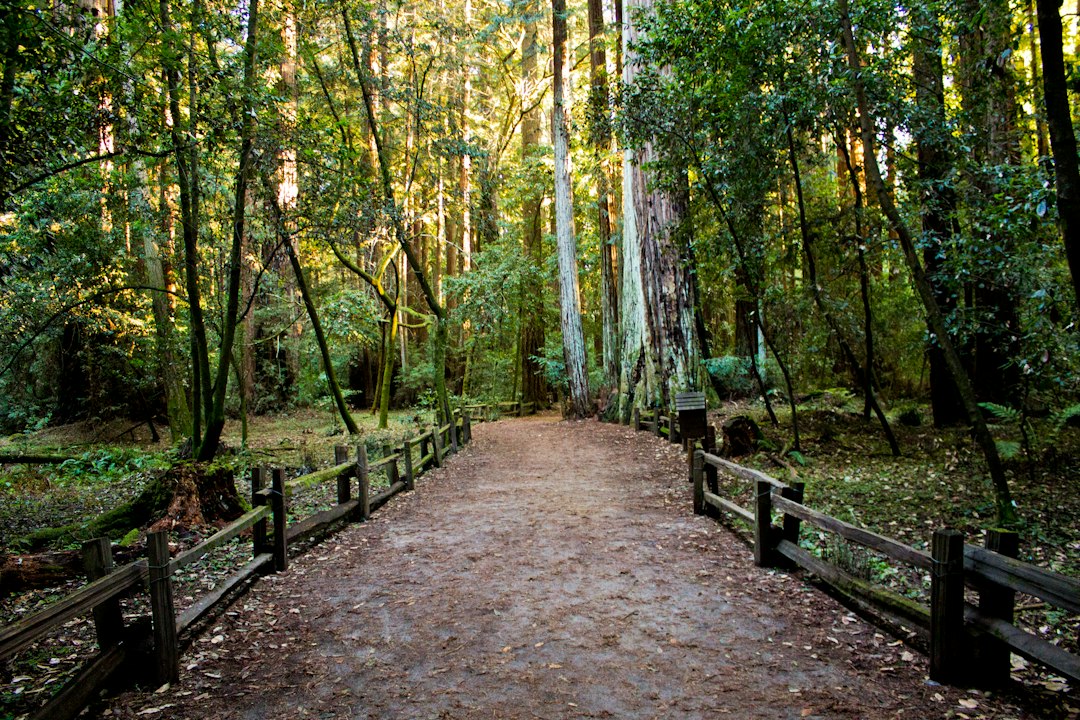Survival Skills 101: What You Need to Know to Thrive in the Wilderness
Imagine finding yourself lost in the wilderness, with no sign of civilization in sight. Panic sets in, clouding your judgment and making it difficult to think clearly. How would you survive in such a situation? This is where understanding and mastering survival skills becomes crucial. Whether you are an outdoor enthusiast or just an average person, having knowledge of these skills could mean the difference between life and death in the wilderness.
1. Navigation:
One of the most important skills to acquire is navigation. Being able to read a map and use a compass can help you find your way back to civilization. Additionally, learning basic landmarks and natural signs like the position of the sun or the direction of water flow can also provide valuable clues for orienting yourself.
2. Shelter Building:
Another essential skill is building a shelter. Understanding how to construct a shelter using available resources in the wilderness can protect you from the harsh elements and keep you safe and warm. Learning how to select the right location, gather materials, and build a sturdy shelter will greatly increase your chances of survival.
3. Fire Starting:
Fire is not only essential for keeping warm but also provides a source of light, cooking, and signaling for rescue. Mastering various fire starting techniques, such as using flint and steel, a fire bow, or even simple friction methods, can prove extremely useful in the wilderness.
4. Water Sourcing and Purification:
Water is critical for survival, but it is not always readily available in the wilderness. Knowing how to locate water sources like rivers, lakes, and even dew-filled plants can be a lifesaver. However, drinking untreated water can lead to severe illness. Learning different methods of water purification, such as boiling, using a water filter, or chemical treatment, can prevent deadly infections.
5. Food Foraging and Hunting:
Finding sustenance in the wild is another key skill. Learning to identify edible plants, insects, and fungi can provide nourishment when food is scarce. It’s also important to know how to set traps, fish, or hunt small game, provided you have the necessary knowledge and tools.
6. First Aid:
Accidents and injuries can happen in any environment, and wilderness survival is no exception. Basic knowledge of first aid is crucial. Knowing how to treat wounds, perform CPR, and manage shock can make a significant difference in the outcome of an emergency situation.
7. Signaling for Rescue:
In the event that you find yourself truly lost and in need of rescue, knowing how to signal for help can be a game-changer. Techniques such as creating smoke signals, using a signal mirror, or building an SOS sign on the ground can attract attention and increase your chances of being found.
8. Mental Fortitude:
Lastly, survival skills also involve mental strength. Remaining calm, keeping a positive attitude, and being resourceful are vital when facing adversity in the wilderness. It is crucial to maintain a clear mind and not allow panic to cloud your judgment, as this can often lead to more dangerous situations.
In conclusion, no one plans to get lost in the wilderness, but being prepared with the necessary survival skills can save your life if the situation arises. Navigation, shelter building, fire starting, water sourcing and purification, foraging and hunting for food, first aid, signaling for rescue, and mental fortitude are all essential components of surviving in the wilderness. By honing these skills and being well-prepared, you can increase your chances of thriving in even the most challenging of wilderness environments.

